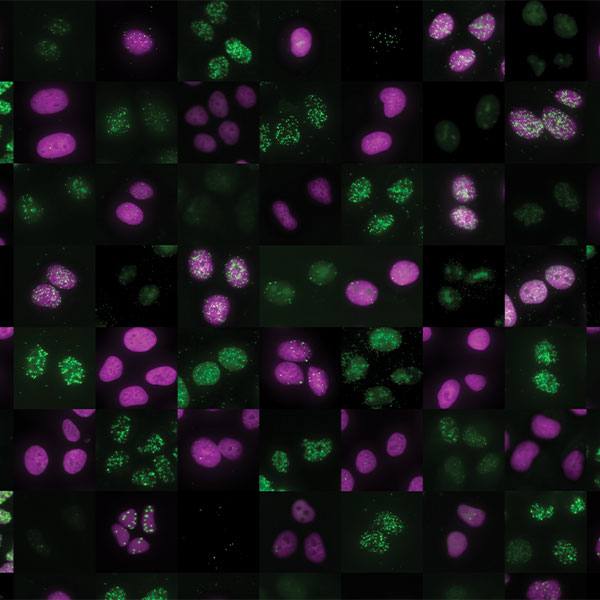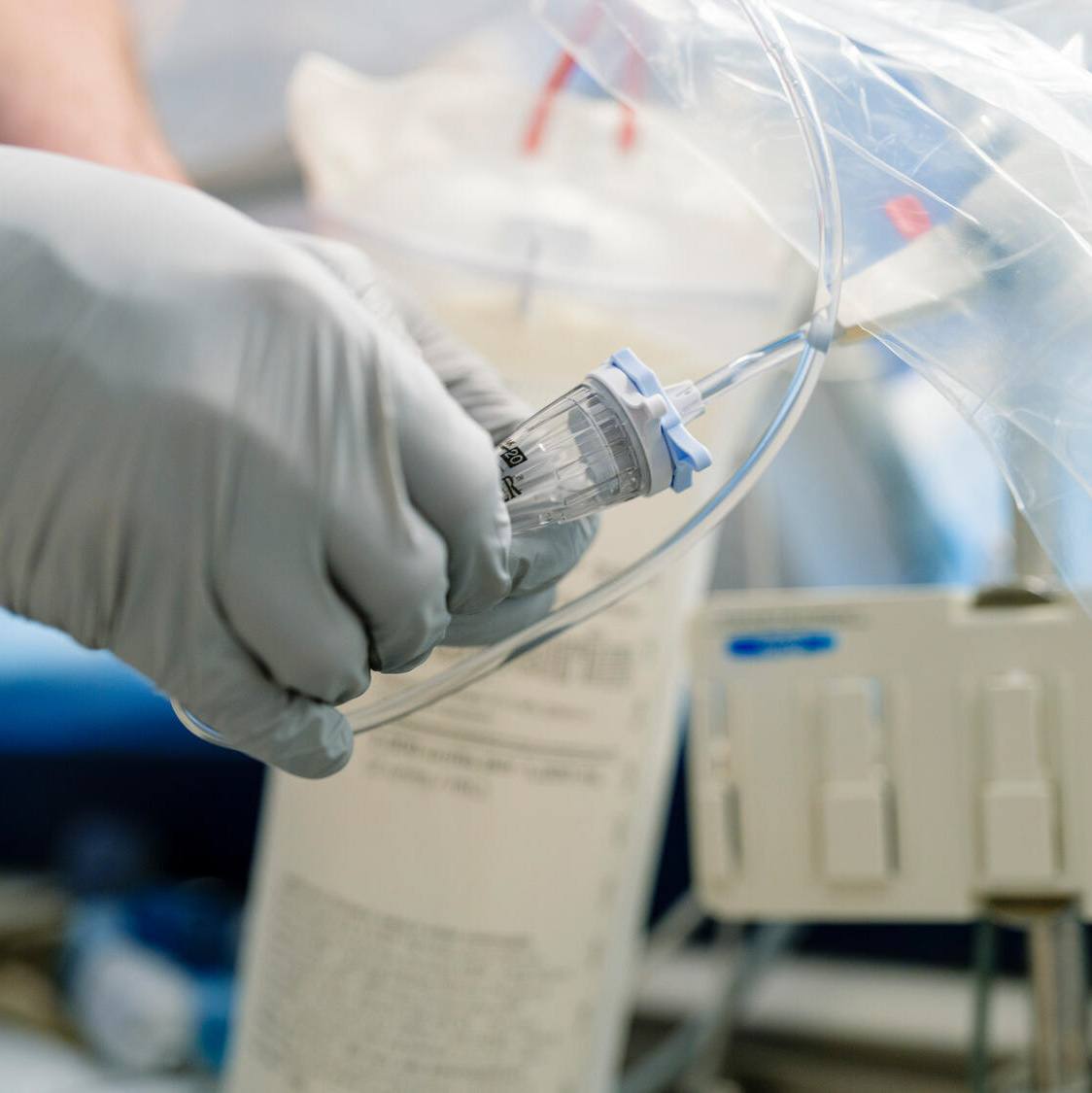-

A Grocery Bag of Beneficial Antioxidants
ROCHESTER, Minn. — Daily food choices present an opportunity to score some healthy, flavorful, antioxidant-positive nutrition points, according to the November issue of Mayo Clinic Health Letter.
Why pay attention to antioxidants? They help minimize the impact of free radicals, which are an unstable byproduct of natural cell metabolism. Free radicals also are found in the environment, in exposure to sunlight, air pollution and cigarette smoke. Free radicals trigger cell and tissue damage through a process called oxidation. This damage may play a part in the development of many different diseases including cancer, cardiovascular disease, diabetes, Alzheimer's disease, Parkinson's disease and some eye diseases.
The Mayo Clinic Health Letter details many of the foods that pack a high-antioxidant punch, including:
Berries: Colorful berries, particularly blueberries and strawberries, appear to have heart-healthy effects. Research suggests they may lower blood pressure and positively influence blood vessel health.
Curcumin: Curcumin is found in the spice turmeric, the main spice used to prepare curry. Curcumin is thought to have antioxidant properties, as it may decrease swelling and inflammation. Preliminary research suggests that curcumin may prevent cancer and possibly slow the spread of cancer.
Cruciferous vegetables: This family includes broccoli, cauliflower, Swiss chard, Brussels sprouts, kale and turnips. Research suggests these foods have a protective effect in preventing prostate, colorectal and lung cancers.
Corn: Corn often gets a bad rap as a starchy vegetable. But yellow corn, and even cornmeal, contain substances known for strong antioxidant and anti-inflammation activities.
Foods, rather than supplements, are the safest way to increase antioxidant levels. Some high-dose antioxidant supplements, including beta carotene, vitamin A and vitamin E, have been associated with health risks including an increased risk of overall mortality. No concerns have been raised about the safety of antioxidants consumed in foods.
Mayo Clinic Health Letter is an eight-page monthly newsletter of reliable, accurate and practical information on today's health and medical news. To subscribe, please call 800-333-9037 (toll-free), extension 9771, or visit Mayo Clinic Health Letter Online.
###
About Mayo Clinic
Mayo Clinic is a nonprofit worldwide leader in medical care, research and education for people from all walks of life. For more information, visit MayoClinic.com or MayoClinic.org/news.
Journalists can become a member of the Mayo Clinic News Network for the latest health, science and research news and access to video, audio, text and graphic elements that can be downloaded or embedded.
Media Contact: Ginger Plumbo, 507-284-5005 (days), newsbureau@mayo.edu







